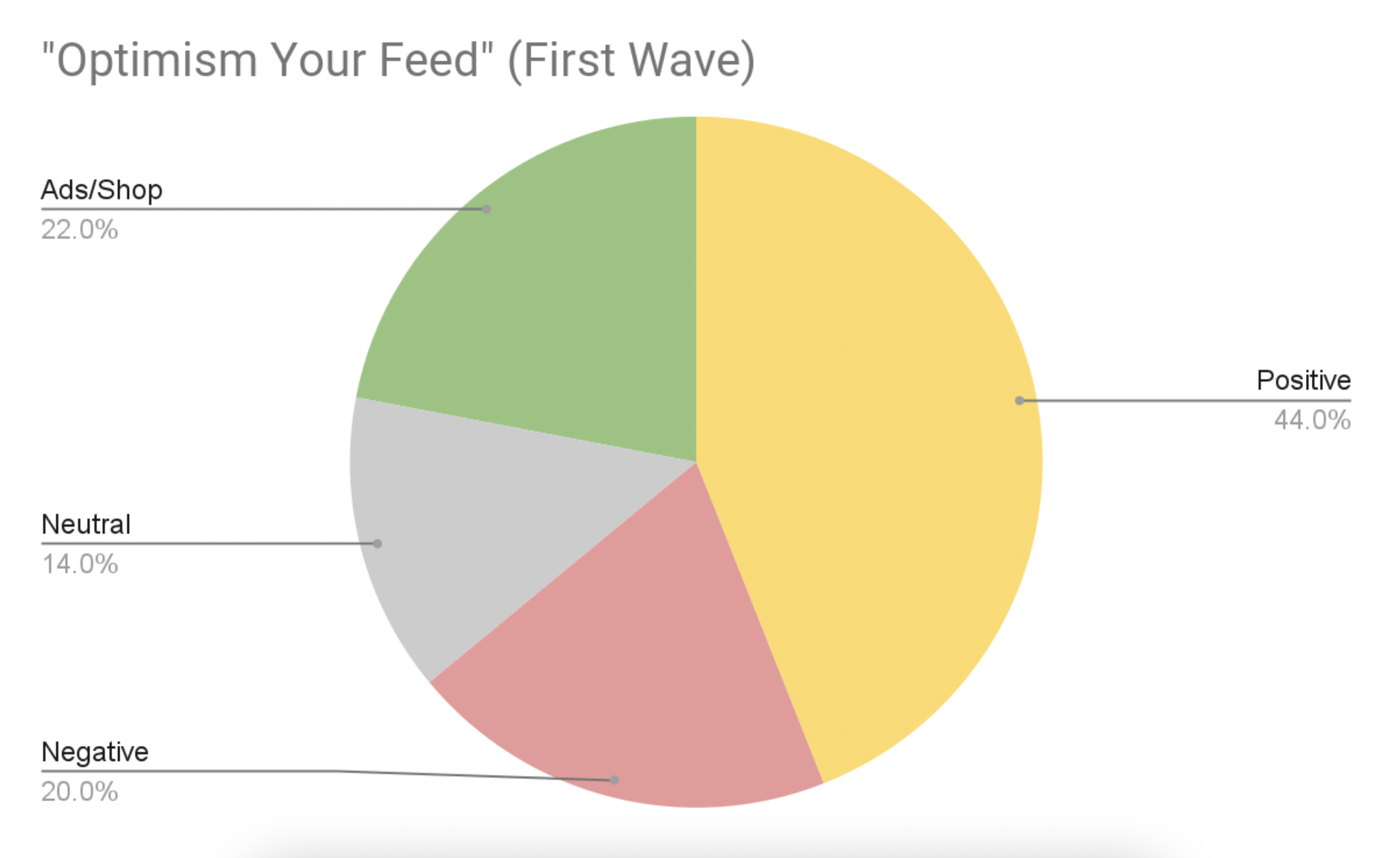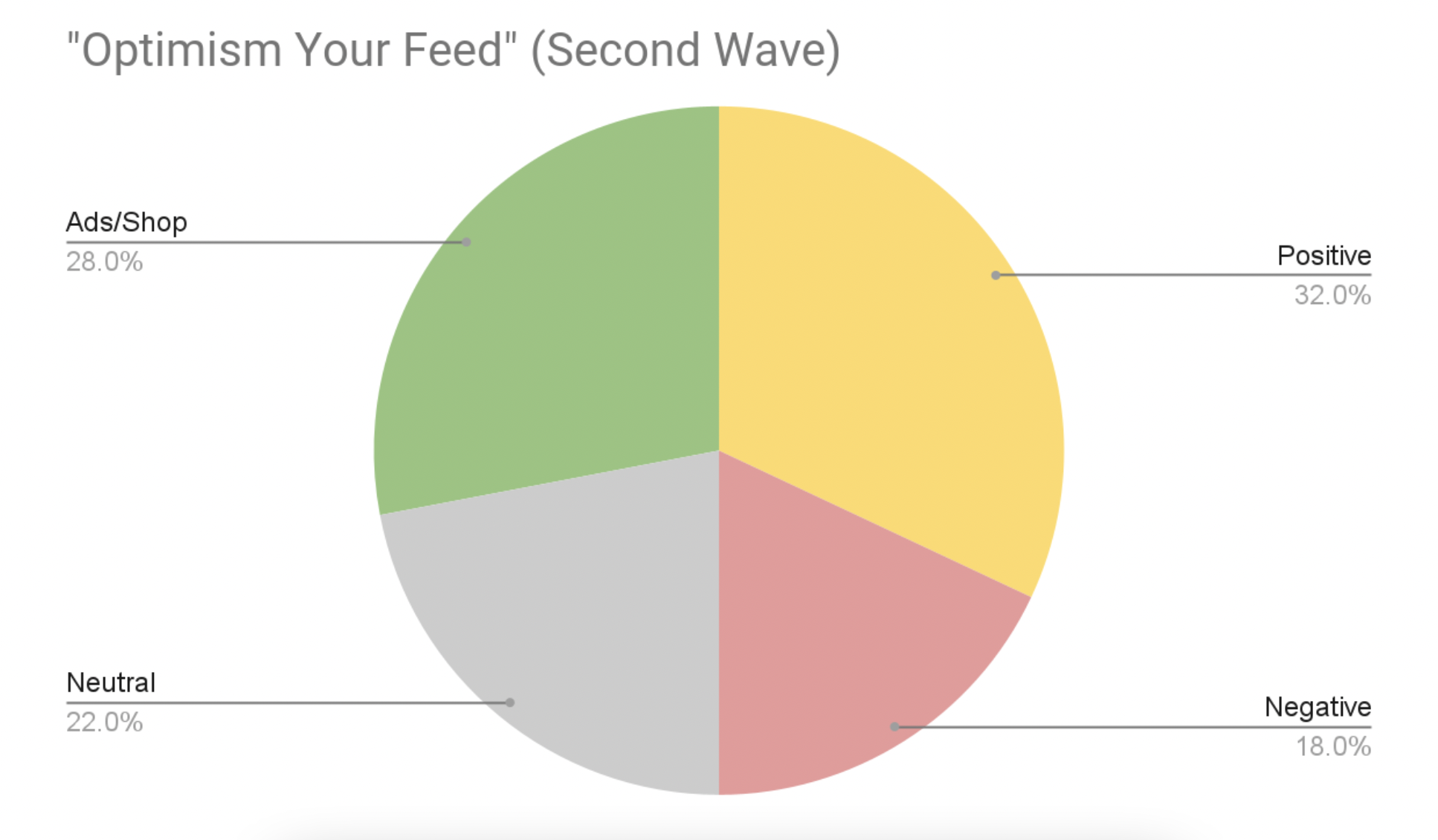Does LG's "Optimism Your Feed" Playlist Actually Fix Your FYP?
I rarely take sick days, but earlier this week I was rocked by one of those 24-hour bugs that puts the whole world on pause. I was laying in some dark corner of the house, debating if I should write my last will and testament, when a sponsored post from LG Electronics came across my TikTok feed.
“Have you noticed that your algorithm has gotten a little unpredictable?” Professor Casey Fiesler asked from my screen. Another creator chimes in, with “What if I said there was a way to fix your FYP?”
The video continued by introducing LG's “Optimism Your Feed” playlist, scientifically curated to “retrain your algorithm as you watch it.”
I am always interested when brands take action against the negative impact of social media (and my ibuprofen wouldn’t kick in for another 20 minutes) so I decided to take the challenge and give their 29-video playlist a whirl. You know, for science!
Here’s how it worked
After a short setup on the science behind algorithmic training, the playlist kicks off. It's best compared to a pre-programmed airplane television: a decent recreation of the FYP experience, but highly curated and arguably sterilized – featuring silly animals, colorful fit checks, spoken word poetry, magic tricks, surprising but not malicious food combinations, and visually mesmerizing art.
Intercutting these antics are creator-led checkpoints, which encourage you to “like, comment and share to make your playlist even more optimistic!” (I should note that because I bristle at any call to action, I initially ignored these instructions. Call me a rebel!)
Overall, I appreciated how LG activated known creators to contribute to the playlist using tried-and-true formats. They even included their own “reaction video” element, with a makeup creator recreating a look featured earlier in the playlist. The playlist ends with a final creator reminding viewers to cue up the playlist again “whenever your algorithm needs a little loving.”
But did it “fix” my FYP?
While I don’t have hard data on what my feed looked like before watching the playlist, I feel it's often an even split between positive and negative content (a sentiment shared by 52% of people surveyed by LG). I also frequently am served content featuring rage-bait, natural disasters, political discourse and breaking news more often than I'd like. If any of those categories appeared noticeably less often, I would consider the experiment a success. With that as my baseline, I turned off my phone and took a well-deserved nap.
Three hours later, I powered back up my FYP and analyzed the first 50 videos I saw, categorizing them on general sentiment – positive, negative, neutral, and ads.
For the professional researchers out there thinking, “But you didn’t like or comment on any videos, like they told you to! That’s not a fair experiment!”...okay, I hear you. Two days later (when I was feeling much better, thanks for asking) I ran the entire experiment again, this time liking every single video on the playlist, and leaving comments on over half of them.
Here are the collective results:
In both instances, I experienced less negative content overall – although one could argue it was replaced with ads and sponsored posts more often than positive alternatives. Despite that, the effects were noticeable, at least in the immediate aftermath.
Whether the playlist dramatically “retrained” anyone’s algorithm or not, I think the real training was happening in the background. LG let viewers personally experience how it feels to have an entirely positive social feed, then encouraged us to keep the good vibes going by engaging with what we want to see more of. The "Optimism Your Feed" playlist was not retraining an algorithm as much as it was retraining us. And if that behavioral shift sticks, it will undoubtably serve LG's broader initiative to "create positive changes in people’s lives" by creating a better social experience for everyone involved.
Charlotte Sheppard is a branded storyteller and the Head of Ideation at Shareability. Opinions expressed are solely her own and do not express the views or opinions of her employer.

